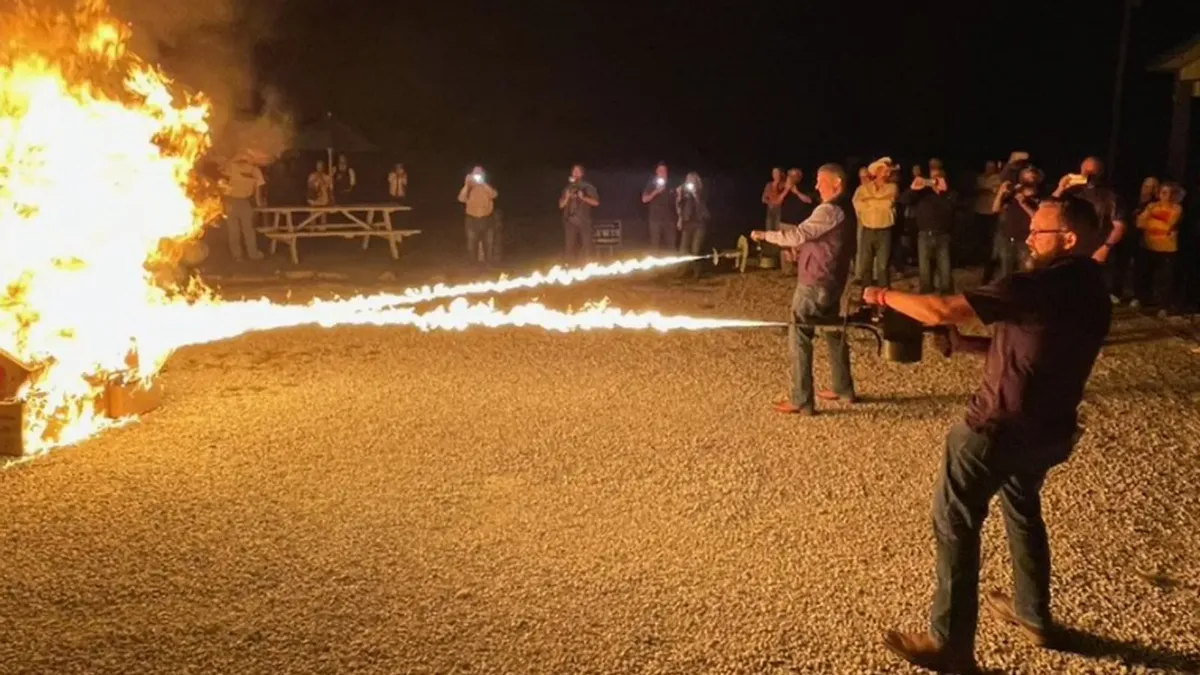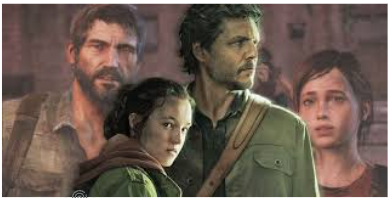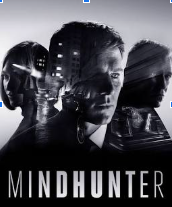As a society, we encourage the gathering of knowledge from a young age: newborns learn to associate their parents with their needs, we encourage newborns to learn titles like ‘dad’ and ‘mom’, and some parents teach children how to read as early as three. We tell bedtime stories to teach morals and to pass tradition and when young children start asking questions such as “what made the stars?” We introduce children to religion — imbedding seeds of conformity without a choice for themselves. We pick and choose what we want children to learn, restricting their access to said knowledge — only encouraging them to seek this information out later in their lives. Some parents encourage their children to ask questions and to find the answers themselves, leading them to make their own choices and to find general interests. I was lucky enough to have parents like this, while some others are not — there are groups of parents that systematically control the information their children and teens take in, effectively shielding them from the world and making them live their parents’ truth. This parenting strategy has always existed, but has just become less stable as access to information has become more convenient to younger people through new mediums such as technology and better access to schooling. However, once these groups realized their grasp on the masses was restricting — they turned to a more direct approach, banning the distribution of information that they disagree with in schools.
History and life acts as a tug of war — there are always two generals sides pulling on said rope to gain control of history, because if you control access of knowledge to the past, then you control the future as well. Historically, it is impossible to annotate where exactly the trend of censorship has begun. However, one of the most famous examples of it in Non-American history is the death of Socrates. Socrates was quite literally censored till he died, the government believed that his teachings challenged their set ideals and that it would make citizens see them in a negative light. One aspect to this concept is continuous throughout these bouts of censorship — the fear of losing power.
Going a bit further into history, The Roman Empire conceptualized the The Index Librorum Prohibitorum ( The index of prohibited literature) — labeling anything that they did not like as ‘heretical’. They went as far as burning down The Library of Alexandria, which realistically, set humanity back one thousand years on the basis of knowledge — but furthered The Roman Empire’s growth, because they knew that controlling what people knew prevented the people from taking power from the government. However, one may notice that the Roman Empire no longer exists today and society has progressed (but not past the point of book burnings and bans). In America, in the wake of The Civil War, southern states banned Uncle Tom’s Cabin for its portrayal of the reality of cruelty towards minorities in the country. However, this book made it up north and is considered one of the main causes of The Civil War. Even after the war, The Daughters of Confederacy (read more about them and their effect on history here) altered school textbooks to paint the south in a positive light and slavery in a less violent light. Some groups took to more extreme tactics, Nazis in the 1940s would have book-burning-circles, of which they would (as the name suggests) burn books that of which were hand picked by the chief of propaganda — some of the titles were journals that contradicted nazi ideals, such as journals of Einstein and Freud, while some were now-classics from authors such as Kafka and Hemingway (Click here for a list of some of the popular books on their blacklist, many of these are books being banned in American schools). Taking in this information, it is easy to pass it off as out of our time period — and book burnings aren’t typical in our society anymore (unless you’re a republican legislator in Missouri or a far right extremist cosplaying as a 1980s hyper-evangelicalist who read Fahrenheit-451 for the first time). However, censorship in schools is more prominent than ever.
In the wake of rising political tension in The United States and an increased access to information, the younger generation has become more accepting of topics that were considered taboo by generations before them. The most prominent example of this phenomenon is the approval of same sex marriage, of which in 2004, 60% of Americans opposed same sex marriage while 31% were for it — with 9% being indifferent. However, in 2019 — 60% of Americans are actually for same sex marriage while 31% are against it. As shown historically, when a ‘taboo’ became a societal norm, extremist groups saw a threat and figured out that the best way to bring down what opposed their fragile views was to inject their opinions into children’s education. Groups like The Moms of Liberty would come into the political landscape, wanting to create a more ‘traditional’ population of children and teens — of whom would share their views. This group would start being prominently seen in the south, specifically Florida and their governor — of whom, according to Reuters, “invited a member of the group to stand alongside him weeks later as he signed a bill that allows parents more say in public school teaching materials”. Now, this does seem as bad as it is out of context, until you assume the implications of a member of The Mom’s of Liberty being there. You have a governor kneeling to a group known to be against homosexuality and transgender people and this moment would be foreshadowing for the future — the ‘don’t say gay bill’. Writing about this bill would be a whole article in itself, it essentially restricts the teaching of anything lgbtq to any grade below 4th grade and if taught, it must be ‘age appropriate or developmentally appropriate’. The implications of this bill are that there is something wrong LGBTQ people and culture — this bill also means teachers in same sex marriages could not refer to their partner in the context of being their partner while straight couples can. This bill would only be the beginning — bringing us full circle to book bans. The Moms of Liberty, as time went on, started targeting books that they have deemed as ‘offensive’, ‘pornographic’, or ‘inappropriate’. Most of these books weirdly happen to do with trauma and the survival of rape victims — these stories are of triumph over the worst situation imaginable, if you see these stories as ‘pornographic’ you are the one who should not be allowed near that book. It is also important to note that these specific books (as listed in the hyperlink above) are being banned from high school libraries — not elementary or middle school ones. These are teenagers that have been exposed to the news, have access to the internet, and have life experiences of their own. You’re not shielding or protecting them from anything, you’re blindfolding other people because you do not feel comfortable being the only one blind. The Moms of Liberty have also volunteered to screen books for schools, for whatever school would want that.
This isn’t the only person or group pursuing this, there are independent people and politicians that have their own prejudices — this is easily seen in our local community, specifically Pennridge. In 2021, Pennridge faced their first controversy with banning LGBTQ books from elementary schools — such as “Heather Has Two Mommies” which is a children’s book about exactly what you think it is about. This book and many others were put in a “special section” where guidance counselors can give them to parents that specifically request these books. This would go further in 2022 and 2023, with this school district introducing Vermillion Education — a program that rewrites school curriculums to fit an ‘unindoctrinated’ and ‘American’ program. The caveat of this is that the program is closely related to “Hillsdale College” a small conservative and christian school in Michigan — so there is a very apparent bias hidden and a reason why Florida schools love this program and why Pennridge loves it too. Pennridge had also cut educational requirements for social studies and gave teachers limited time to learn the 3000 page curriculum right before the year started.
With relentless indoctrination in schools against fictitious problems in the fragile minds of politicians and parents — censorship will most likely not go away in schools. However, with students being aware of what is going on and some parents getting involved to protect their children’s access to education, there is a glimmer of hope from the limbo of educational censorship.










